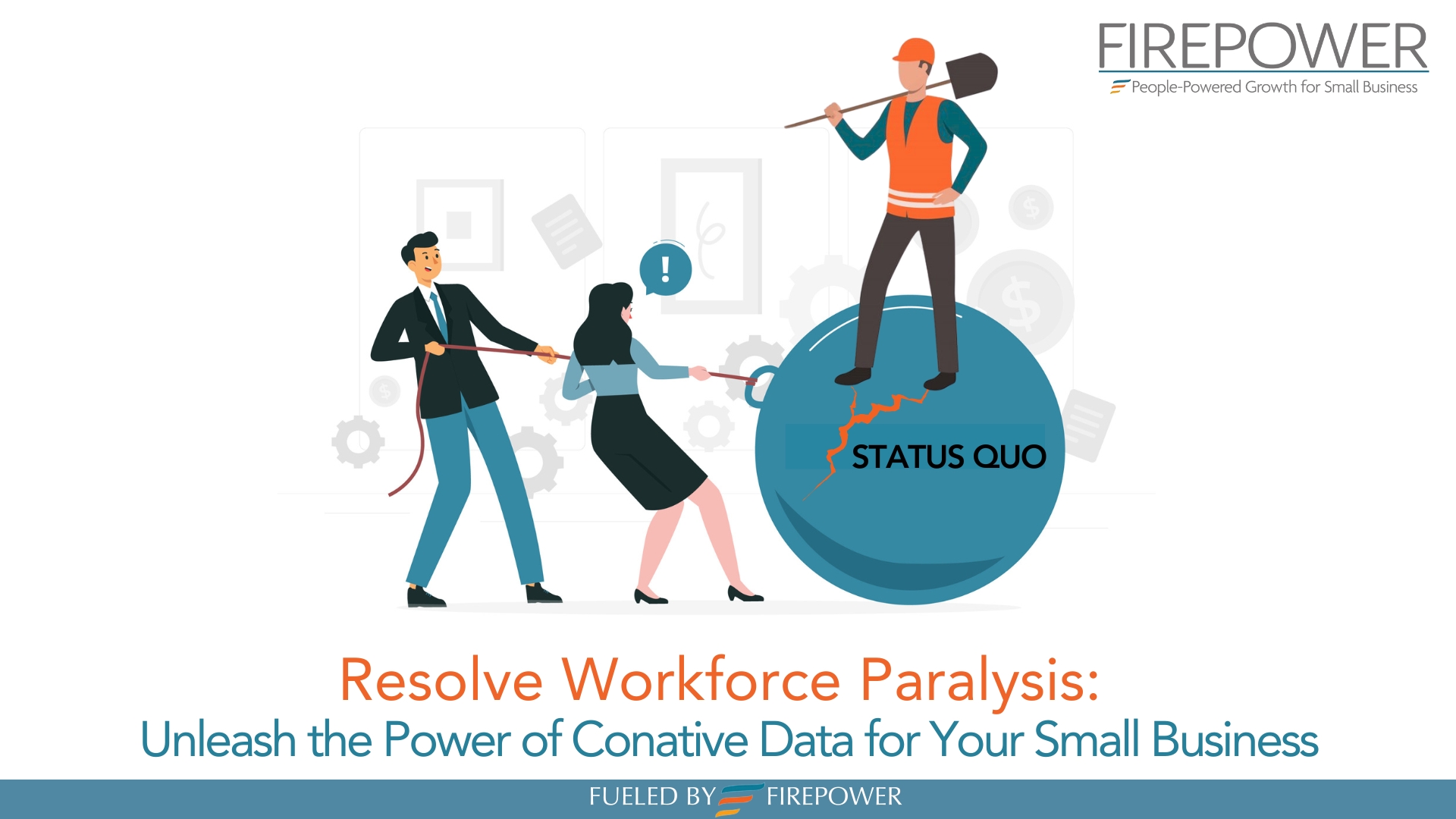What Is Job Enrichment and How Can It Benefit Your Company?
By Maria Forbes
November 6, 2020
Are you experiencing performance stagnation?
Employees can encounter role fatigue when performing the same tasks over an extended period. When this occurs, productivity levels inevitably drop. Rather than reassigning roles or giving perks to reignite enthusiasm, you can engage them with job enrichment. Employee enrichment can motivate your employees to excel. What is job enrichment, and how can it benefit your company?
Overview of Job Enrichment
Job enrichment is the process of adding new tasks or dimensions to a role with a focus on making it more engaging. The concept of job enrichment was pioneered by American psychologist and researcher Frederick Herzberg. During the late 1960s, Herzberg published a report describing the motivational benefits of job enrichment. According to Herzberg, employees are more motivated when they are given new responsibilities to perform.
Over the past half-century, more and more companies have embraced job enrichment, or engagement. The concept is actually realignment. You don’t necessarily move an employee from one position to another, instead an individual role is realigned so that an individual is playing to their strengths within the context of the role, as a business contributor. The personal relationship to their role, use of natural and creative forces that fuel the ability to excel, is monitored to ensure continual alignment with the expectations for the role. The simple mindset shift from job holder to business contributor brings new perspective and motivation to any role. How does what I do every day influence our collective ability to achieve our company mission? How does my work make a contribution to our growth goal? Giving the employee creative freedom or different types of responsibilities will “enrich” his or her perspective and encourage the best contributions.
Job Enrichment vs Job Enlargement: What’s the Difference?
Don’t solve boredom or role fatigue with more responsibility. Job enlargement is adding tasks to an employee’s current set of responsibilities in order to give them something new. By comparison, job enrichment is a more focused concept that’s intended to make a role more engaging and enjoyable.
Employees can be assigned new tasks with job enrichment, as part of improving the role. The difference is that job enrichment aims to improve an employees’ level of satisfaction. Job enlargement increases an employee’s workload or overall responsibilities, and there may be a slight title change, or level change. With increased responsibility as the goal, job enlargement should not overlook an important element, employee satisfaction. Companies may combine or share responsibilities during periods of downsizing or financial hardship, and this plan should carefully consider timing or duration, and outcomes that impact employee retention.
Motivation
How can job enrichment benefit your company? Your employees will be more motivated. A study published by the U.S. Bureau of Labor Statistics (BLS) found that job enrichment increases the “motivating potential of work.” Dozens of factors can influence employee motivation. Symptoms of decreased motivation to excel in a role can be role repetition, lack of learning, a professional rut. As we maintain individual alignment with role expectations, job enrichment is an effective approach. Motivation and the will to do something every day results in best performance when you consider individual methods of execution on the requirements for success in a role. What a role requires, how it should be executed, and how one can lend creativity are essential retention factors, which drive top performance or cause decreased performance. Job enrichment as an approach retains your employee motivation, and the desire to perform your best.
New Skills
Every role should include opportunities to develop knowledge and new skills. Design ongoing learning into each role to provide a path for personal growth and increased role satisfaction. Depending on the opportunity, an individual may develop new hard skills and/or new soft skills. Hard skills are technical skills. Soft skills are interpersonal and communication-related skills. With job enrichment, employees will be able to leverage holistic contributions, enjoy new skills and associated tasks to perform. The job enrichment approach improves job accuracy. In a study, the BLS found that employees were not only more motivated with job enrichment, they were more accurate. In a job enrichment culture, employees are encouraged to continue learning. New hard and soft skills decrease the likelihood of mistakes. Those who are given opportunities to build their knowledge and hone new skills are typically less likely to make mistakes than their counterparts who perform the same repetitive tasks without ongoing learning.

Burnout Prevention
Job enrichment lowers the risk of burnout. Burnout is a form of job-related stress that’s characterized by physical and/or mental exhaustion. It’s can be caused by repetition. When performing the same tasks for long periods of time, employees can suffer from lack of creativity leading to burnout. Fortunately, job enrichment can protect employees from burnout, giving the opportunities to develop their role, and envision their contributions from a new perspective.
Because of its positive impact on motivation and satisfaction, job enrichment can help to lower your turnover rate. When roles have built-in opportunities for personal growth, burnout is avoided and employees can enjoy a long association with your company. Motivation is what drives a desire to work, the will to do the work is complemented by individual ability to perform in accordance with natural strengths. This combination of success factors will prevent high turnover rates.
Job enrichment is a development and retention method that small business employers can build into their role design process. Don’t wait until employee performance is a problem to realize the important benefits of this concept. By implementing job enrichment, your can motivate employees, encourage them to develop new skills, increases the accuracy of work, protect against burnout, and promote lower turnover.





